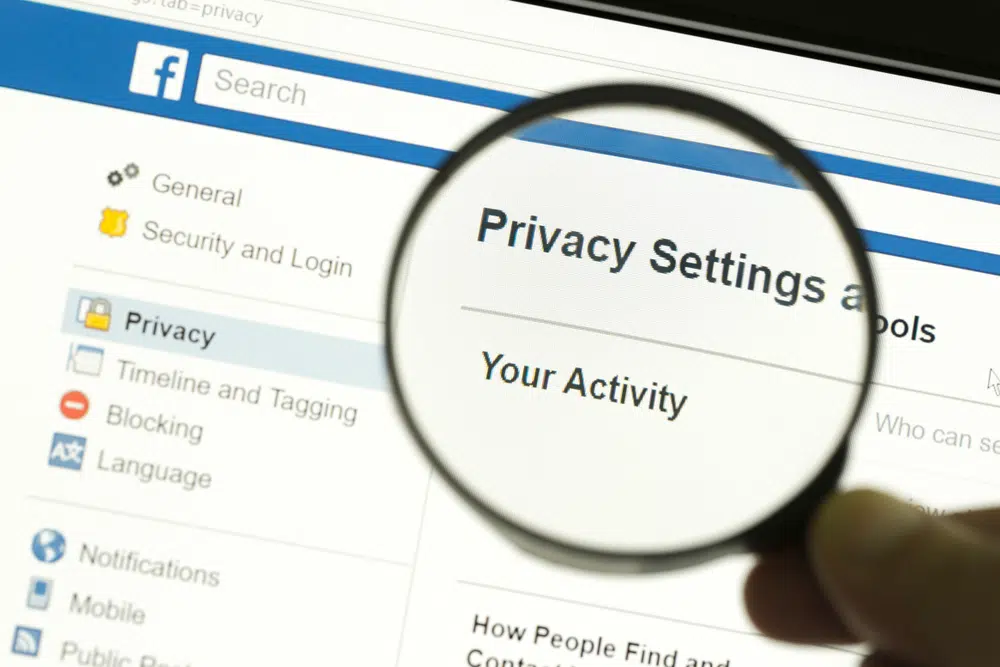Facebook Clear History Privacy Feature to Launch This Year
Home Help Center Facebook Clear History Privacy Feature to Launch This Year

Of all the user-centric, social media websites on the internet, it is possible that none has faced as much intense public and government scrutiny as Facebook. Apart from various bugs, glitches, and possible hacking attempts the company has endured since its launch, governments around the world have taken the website and its founder to task for nearly abusing its users’ privacy.
The site has a long history of gathering, storing, and selling users’ information and internet habits to third-parties, some of whom users do not want to be associated with. There have even been allegations that one specific third-party, Cambridge Analytica, was using information to influence political action.
Now, after a lot of public and legislative demand, Facebook will launch a new feature this year that lets its users clear their Facebook “connection” history. No, this will not delete your posts or photographs instead, Facebook clear history will show users what apps and websites they have visited that maintained a connection to their Facebook accounts, and give users the ability to break that connection by deleting their history.
Why should you do this? First, it puts a dent in the number of websites that can see your posts or content and gather information about where you go, who you visit, what you like, and more. From there, it can stop that information from being sold to advertisers.
The purpose of Facebook clear history really comes down to removing any trace of a connection rather than just blocking a website from accessing your data. Think of this example: if you were simply to remove a baby product website from your Facebook access, that one website could no longer target you with ads. However, any other website that sells similar products may still be able to see that you were once connected and that you interacted with those ads.
Until this new feature launches, there are some things consumers can do if they want to help safeguard some of their privacy on social media. Remember, though, the entire reason you can use these platforms for free is because they are benefitting financially from third parties who pay for access to your account activity.
First, stop logging in with Facebook. It’s very convenient to simply tap “log in with Facebook” on an app or other websites, but it connects that app or website to your Facebook account. Next, stop sharing the news of your latest high score in a game; no one actually cares how well you are playing, but more importantly that game is connected to your profile information. The entire reason that game lets you play for free is because they want that access.
Finally, do your own privacy checkups from time to time, not just on social media but on all of your online accounts. Delete cookies and your browser history if you do not want that information stored, and make sure your passwords are strong and up-to-date in order to keep hackers at bay.
Contact the Identity Theft Resource Center for toll-free, no-cost assistance at (888) 400-5530. For on-the-go assistance, check out the free ID Theft Help App from ITRC.
Read next: The How and Why of Tax Identity Theft
How much information are you putting out there? It’s probably too much. To help you stop sharing Too Much Information, sign up for the In the Loop.
Get ID Theft News
Stay informed with alerts, newsletters, and notifications from the Identity Theft Resource Center

